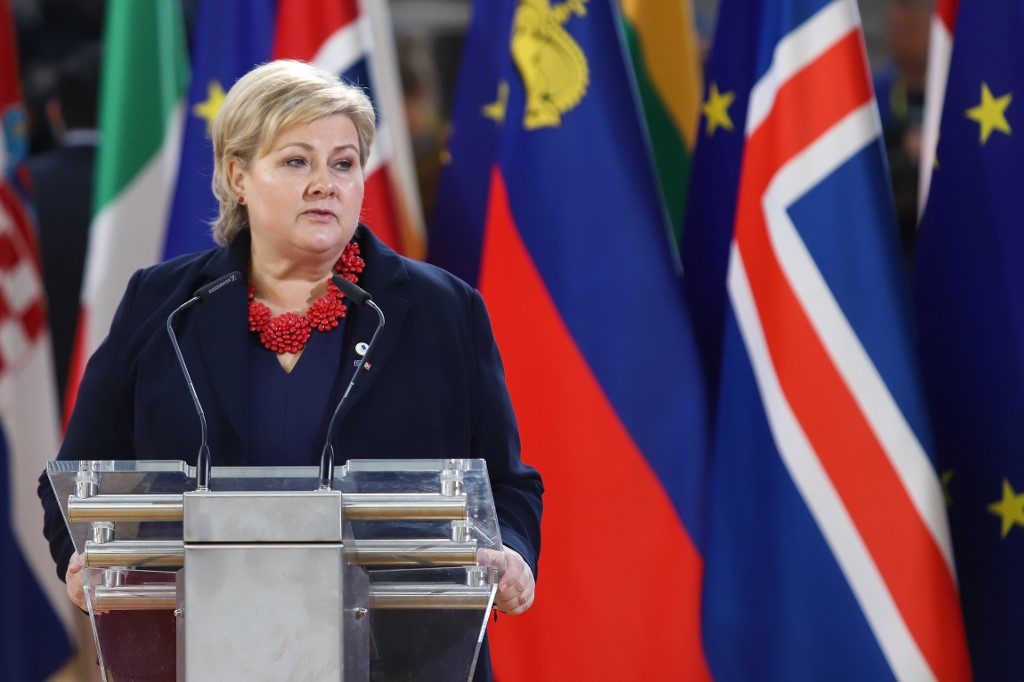Norway’s sovereign wealth fund, the world’s largest, blacklisted 12 new companies on Wednesday, including global mining and energy giants, for ethical and climate reasons.
The Bank of Norway said the fund, worth about $1 trillion, has divested from several major power companies, including mining companies Glencore and Anglo American, Germany’s RWE, Australia’s AGL Energy and South Africa’s Sasol, citing their reliance on coal.
Last year, Norway’s parliament tightened the fund’s rules in order to further reduce its holdings in coal, one of the fossil fuels blamed for global warming.
The central bank, which oversees the fund, also announced it had placed several other companies – Australia’s BHP Group, US-based Vistra Energy, Italy’s Enel and Germany’s Uniper – under observation, which could result in them being dropped as well.
In a separate statement, the central bank blacklisted seven companies for ethical reasons.
‘Unacceptable emissions’
Four of them – Canadian groups Canadian Natural Resources, Cenovus Energy, Suncor Energy and Imperial Oil – were excluded because of their “unacceptable” greenhouse gas emissions.
This was the first time these criteria, which were added in 2016, were used by the fund and the move was welcomed by environmental groups.
“This was a necessary first step to remove some of the biggest climate offenders from the oil fund,” Martin Norman of Greenpeace Norway said in a statement.
“We expect this to be the beginning of the end of Norwegian money being invested in companies that are obviously not going to be a part of the solution in the future,” Norman said.
Brazil’s Vale and Egypt’s ElSewedy were blacklisted because they caused serious damage to the environment, it said.
In the case of Vale, a dam collapsed at one of its mines in January 2019, killing 270 people and releasing millions of tons of toxic mining waste.
Brazilian electricity firm Eletrobras was, meanwhile, cited for alleged violations of human rights of indigenous people during the construction of the Belo Monte power plant.
Meanwhile, two other companies – US firm Aecom and Hong Kong-based Texwinca Holdings – were removed from the blacklist.
The first is no longer involved in the manufacture of nuclear weapons and the second has liquidated a subsidiary accused of violating workers’ rights.
Invested in more than 9,200 companies, the fund – set up in 1990 to invest the state’s oil and gas earnings – now controls the equivalent of 1.5% of the world’s stock market capitalisation.
Its investment decisions are consequently closely watched and often followed by other investors.
AFP
























